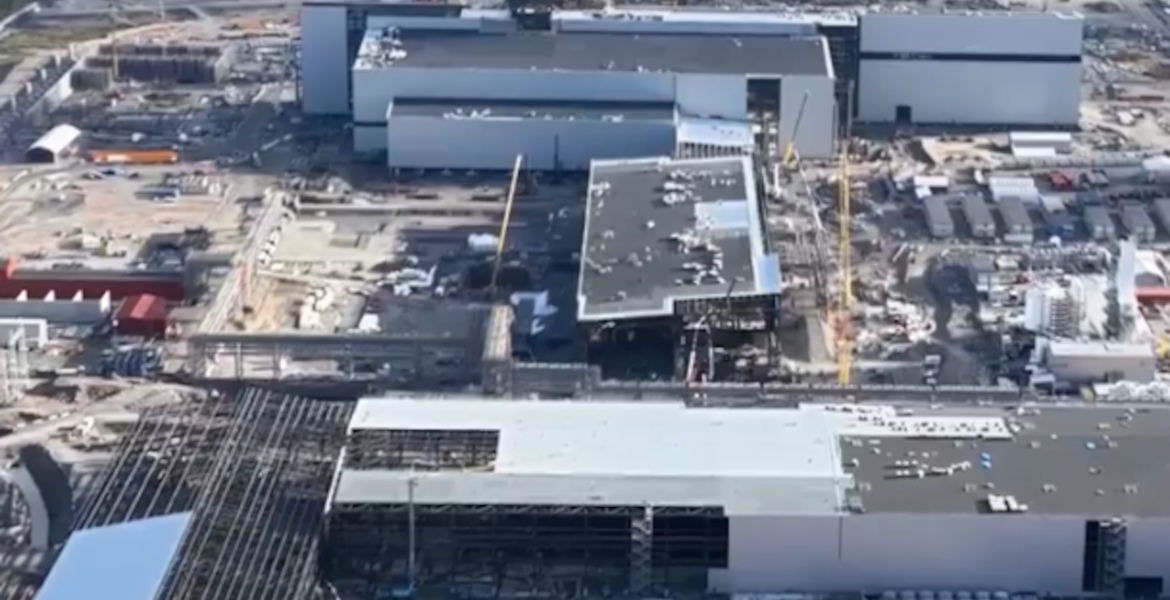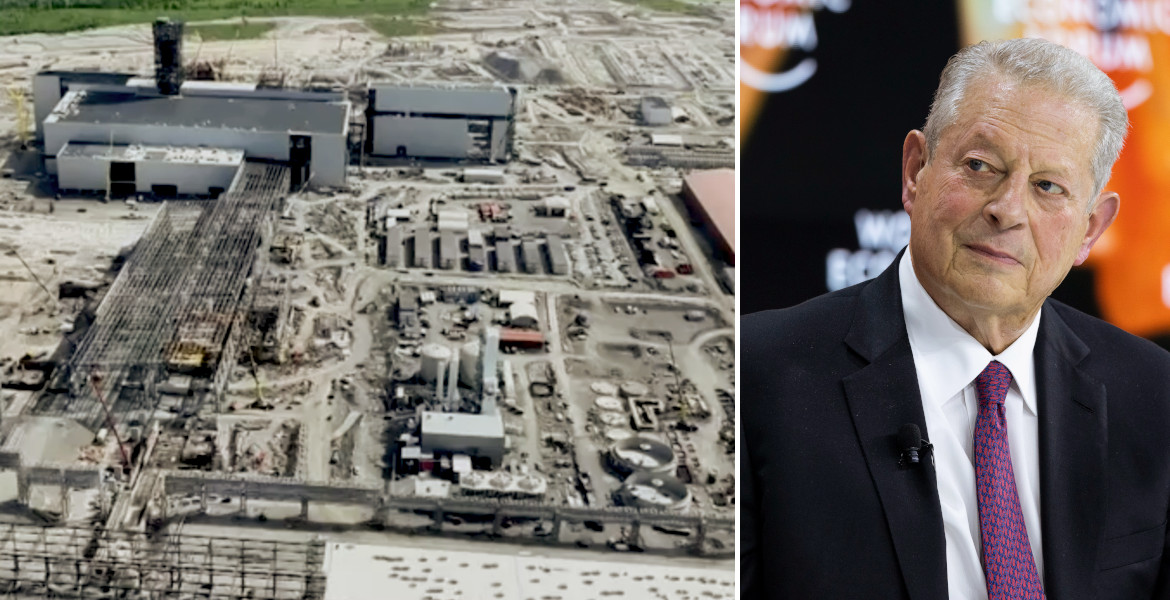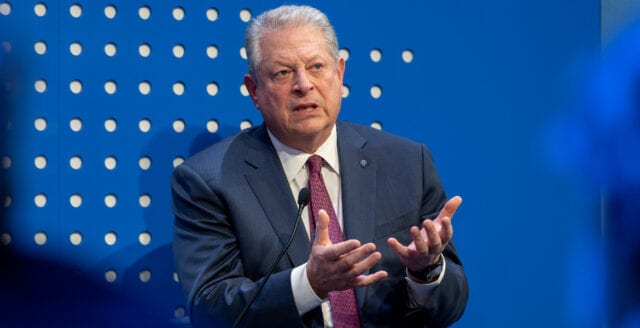According to reports, British researchers are planning small-scale outdoor experiments with the controversial technology of geoengineering as part of a new government research program worth over £50 million. Critics warn of the risks and want to see a temporary halt to the plans.
The program, led by the Advanced Research and Invention Agency (Aria), aims to investigate techniques for blocking sunlight and thus slowing down alleged climate change, according to reports in The Guardian, among others.
The technology, which involves spraying reflective particles into the atmosphere or enhancing cloud formation with seawater spray, is intended, according to its proponents, to temporarily lower the Earth's surface temperatures.
Professor Mark Symes, program manager at Aria, says there is considerable interest in cooling the Earth.
– The uncomfortable truth is that our current warming trajectory makes a number of such tipping points distinctly possible over the next century. This has driven increased interest in approaches that might actively cool the world in a short timeframe in order to avoid those tipping points, says Mark Symes.
Proponents of geoengineering argue that the technology could act as an emergency brake if climate change threatens to reach what are considered irreversible levels.
Aria emphasizes that the experiments will be carefully controlled and designed to provide the necessary data on the possibilities and risks.
Critics, however, warn that the initiative, which is supported by Bill Gates, among others, could divert attention from the alleged need to reduce carbon dioxide emissions.
Bill Gates backs climate scientists lobbying for large-scale geoengineering | Geoengineering | The Guardian https://t.co/KlRk5CVxhw
— Gabriella De Marco (@ganga2410) April 25, 2025
Dangerous distraction
Senior scientists have called the project a dangerous distraction, comparing the technology to treating cancer with aspirin.
However, Aria insists that the trials do not release any toxic substances and promises to consult with the local community and carry out environmental impact assessments before each test.
In parallel with Aria's program, the UK's National Environment Research Council (NERC) has launched a £10 million project to analyze the effects of geoengineering, but without conducting new field experiments.
Dr. Sebastian Eastham at Imperial College London, one of the researchers involved in the NERC project, emphasizes the importance of international cooperation.
– We know that SRM, or even the prospect of SRM, would affect international relations - this is a serious research question.
Geoengineering remains a controversial field of research. There is currently no global agreement on regulation, and critical experts are calling for a moratorium on large-scale interventions in the Earth's atmosphere.





